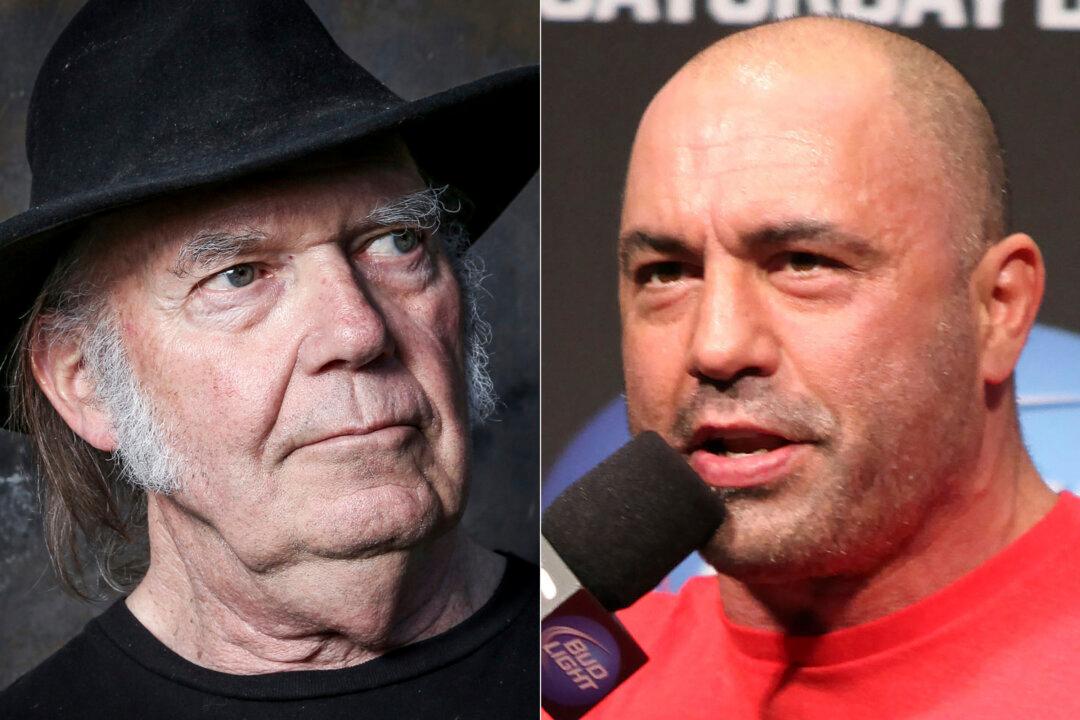Spotify’s market cap increased by billions of dollars on Monday, following a controversial week that has seen the streaming platform at the center of a culture war between the folk-rock star Neil Young and leading podcast host Joe Rogan over allegations that the latter has used his platform to spread misinformation concerning the CCP virus.
The incident began last week, when Young issued an ultimatum to Spotify demanding they censor The Joe Rogan Experience, lest Young remove his music from the platform altogether.





